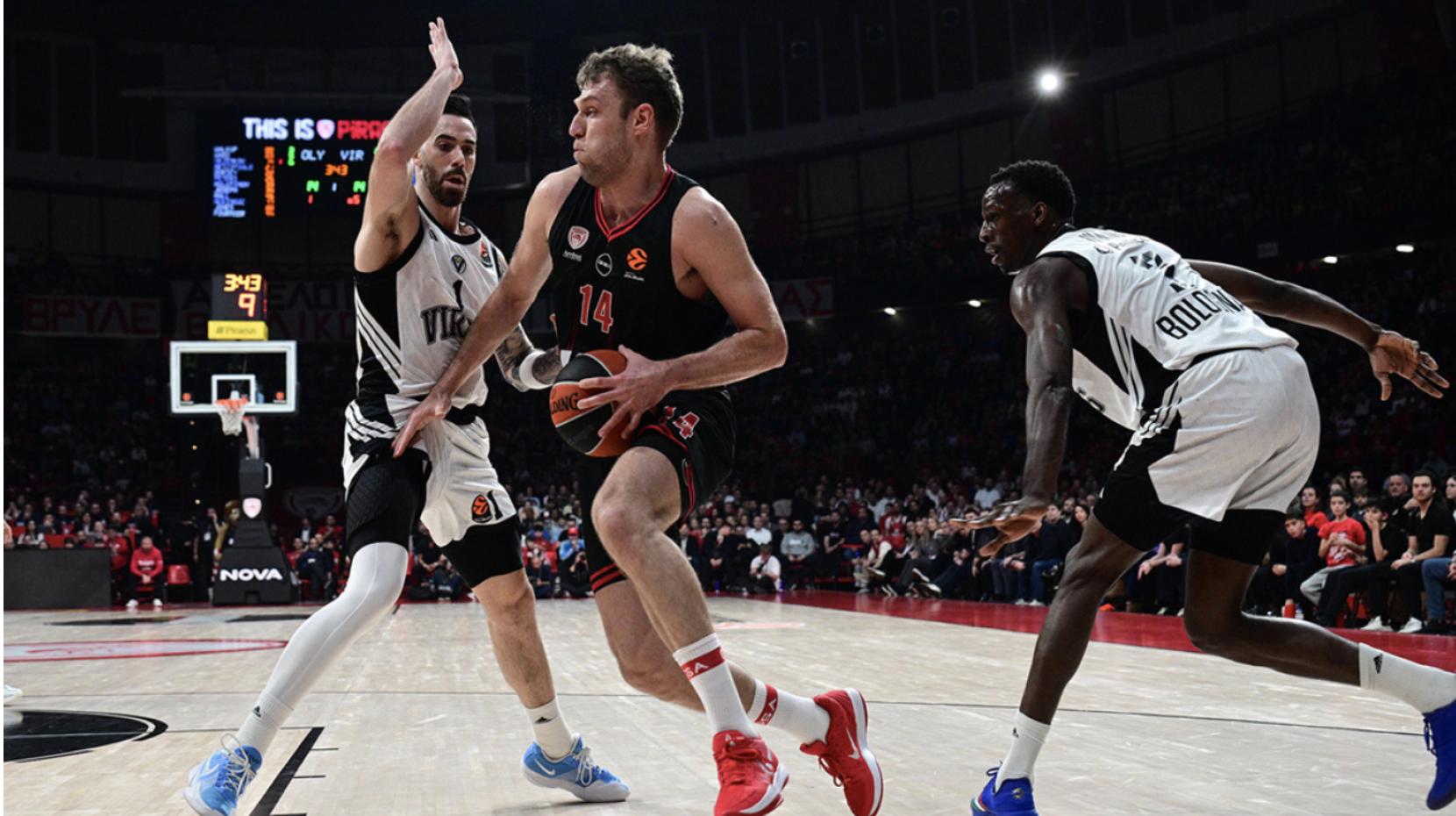John Travolta, Uma Thurman, Samuel L. Jackson and Harvey Keitel reunited at the TCM Classic Film festival on Thursday for a 30th anniversary screening of Quentin Tarantino’s “Pulp Fiction” to reflect on the film’s impact on their careers — and upon the medium itself.
“It changed cinema, so it’s almost hard to have it sink in,” observed Uma Thurman, who joined Samuel L. Jackson, John Travolta and Harvey Keitel for a Q&A about Tarantino’s benchmark film with Turner Classic Movies host Ben Mankiewicz. “I feel like I’ve had an evolving and beautifully growing relationship with ‘Pulp Fiction’ all of my life. It changed cinema, and it changed every filmmaker I met since.”
Though she and her three costars were the only members asked to speak before the screening, several other members of the cast and crew joined them in the auditorium of the TCL Chinese Theatre, including actors Phil LaMarr, Burr Steers, Frank Whaley, Eric Stoltz and Julia Sweeney, as well as producer Lawrence Bender and executive producers Stacey Sher and Michael Shamberg. Bruce Willis was not in attendance, but his wife Emma Heming Willis and daughter Tallulah Willis appeared in his stead, receiving applause from the capacity crowd.
Keitel laughed as he recalled how Tarantino mispronounced his name the first time they met, then offered a contemplative take on the filmmaker’s effect on the arts.
“Quentin is one of those talents that changed the environment that we were working in with his huge talent,” he explained. “His aesthetic force was so powerful that it had the power to change your direction, and we’re all here tonight for the same reason: we respect the art and the artist. God knows our country needs it now because of what’s going on in it.”
Pausing a moment, Keitel drew an unexpected analogy: “It reminds me of the MAGA hats. I keep thinking, I’m a MAGA fan,” he said, the crowd uncertain what he’d say next. “It’s just that Trump didn’t know how to spell underneath it, ‘vote democratic’,” he concluded as audience members cheered.
Travolta’s career was famously in a lull at the moment he received the opportunity to star in Tarantino’s film. “I had a great first chapter, and I was desperately looking for a second one,” he confessed. “And [Quentin] took me to the moon and back. After that, it was mind-boggling, the opportunities that came my way. I mean, an actor can only fantasize about what happened after that for me. It was next level.”
Though the film made Jackson a screen icon overnight, the actor regarded its effect on his career slightly more modestly than his costars. “I was floating along and doing well, and this film was a great boost to me, just working and doing it through the work,” he said.
Though he’d received the first supporting actor award in Cannes history for his performance in Spike Lee’s 1991 film “Jungle Fever,” he said returning three years later to watch “Pulp Fiction” was especially fun since he got to watch it with Willis, the costar of his next film, “Die Hard With a Vengeance.”
“Bruce and I were sitting there watching the film and the audience was loving the movie,” he remembered. “And Bruce said, yeah, this movie is going to make you popular, but ‘Die Hard’ is going to make you a star.”
History would ultimately decide: 30 years later, he’d be wrapping up the Q&A at a standing-room-only anniversary screening of “Pulp Fiction” with an answer about a cinematic legacy that’s now academic. But, more personally, Jackson confessed it created one downstream effect he was only too pleased to embrace.
“It changed my life drastically in that this was the particular role where all of a sudden people started thinking I was the coolest motherfucker on the planet.”
Source: Variety
Ask me anything
Explore related questions





